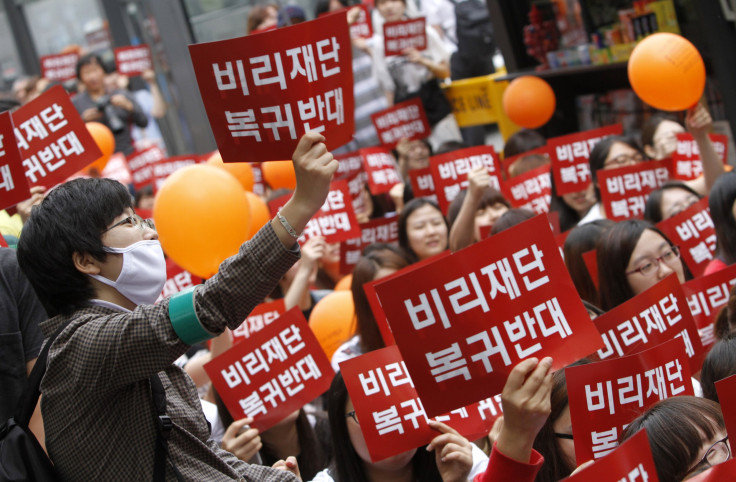South Korea To Expel Corrupt Government Officials From Office

In a bid to crack down on corruption, South Korea established stricter rules for public officials Monday. Any government official caught taking money or valuables worth more than 1 million won ($856) will be expelled from office without exemption, the Ministry of Personnel Management announced.
The move, which takes effect Tuesday, comes just months after the country’s former prime minister resigned amid a bribery scandal in April. It also marked the first time the country set a punishment for corrupt officials depending on the amount of illegal money received. Before this, it used guidelines from the Anti-Corruption and Civil Rights Commission as reference.
The expelled officials will not be allowed to be hired back into government posts for the next five years, state-run news agency Yonhap reported Monday, adding that their pensions and retirement allowances will also be reduced by half. In addition, if the bribe was received by coercing a person, the official can be dismissed or expelled, even if the amount is less than 1 million won.
In April, former prime minister Lee Wan-koo resigned from his post after it was revealed that a businessman named Sung Wan-jong gave him 30 million won ($27,390) in 2013. Lee had denied the allegations but local media reported that there was evidence of links between Lee and Sung.
After Lee’s resignation, President Park Geun-hye expressed her determination to fight corruption and bring in political reform.
"People will not condone anyone involved in the corruption scandal," Park said at the time, according to Yonhap. "I am determined to eradicate the time-honored irregularities and corruption so we could achieve a new political reform."
"This is the last chance to sever the cycle of corruption and eradicate it in our politics," Park said.
© Copyright IBTimes 2024. All rights reserved.




















